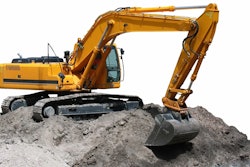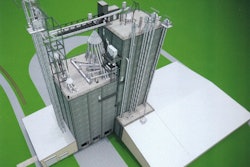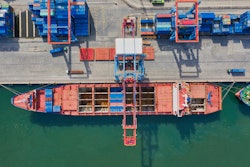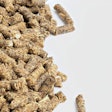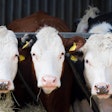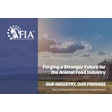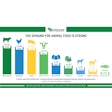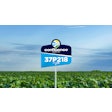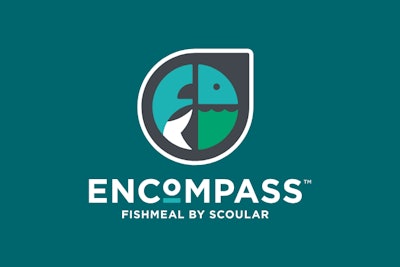
Encompass, Scoular’s fishmeal brand, is launching a new marine sustainability program that incentivizes fishmeal producers to implement long-term sustainability practices that exceed standard certification requirements and meet growing consumer demand for high-quality ingredients.
The program is among the most comprehensive in the industry. The goal is to collaborate with each customer to explore, define and customize their sustainability needs.
Traceability for aquafeed customers
Scoular is one of the largest and most diverse fishmeal and fish oil suppliers globally, sourcing from more than 30 countries for its pet food and aquafeed customers.
The company also holds Marine Stewardship Council and MarinTrust Chain of Custody certifications to ensure end-to-end traceability.
These certifications ensure customers can meet the established BAP (Best Aquaculture Practices) and ASC (Aqua Stewardship Council) standards required by many retailers worldwide.
“Because of Scoular’s deep expertise and network, we are well-positioned to lead the way for our industry by partnering with others to maintain resilient ecosystems that produce safe and nutritious feed and food ingredients,” said Steve Dahlblom, Scoular’s global marine manager.
Components of new marine sustainability program
Key components of Scoular’s new marine sustainability program include:
- Creating end-to-end traceability and transparency for all of Scoular’s marine ingredients, from catching the fish to processing it into fishmeal and fish oil to transporting it to customers. Scoular can provide customers with data on everything from a fishery’s gear to a processor’s facility and safe labor conditions.
- Offering a unique seven-level classification system that uses this data to rate fishmeal producers and the supply chain. Scoular will track and support producers to bring their products to the highest valued market where Scoular services some of the most recognized brands and premium companies globally.
- Introducing fisheries and customers to new products, services, technology and other investments that reduce waste and drive efficiency. Scoular, for example, can advise producers on best practices or spearhead large investment projects. The company currently is investing with processing partners in Warrenton, Oregon, to upcycle marine byproducts and trimmings into fishmeal and fish oil.
- Setting measurable goals. By 2023, the goal is that 80 percent of Scoular’s producers are program compliant and by 2025, 75 percent of the marine products sold will meet ASC and BAP standards.
Learn more about Scoular’s overall sustainability strategy, including its marine sourcing.



